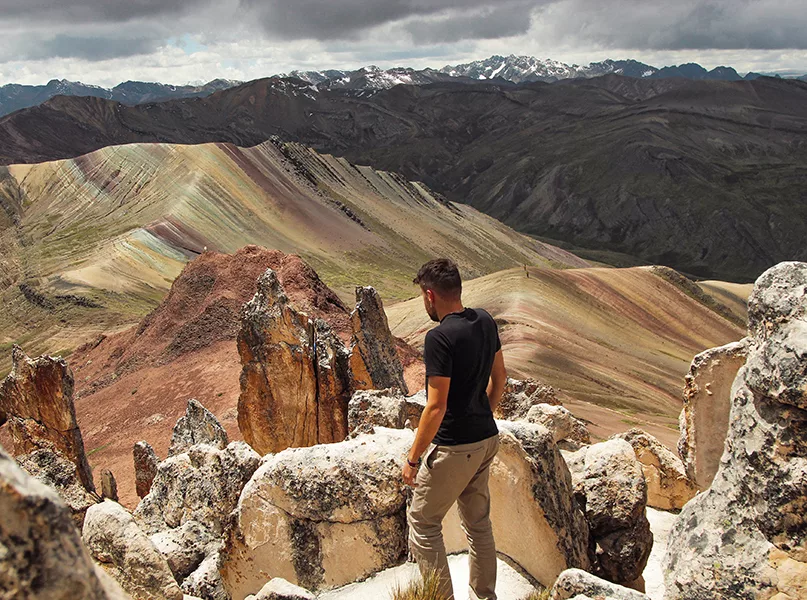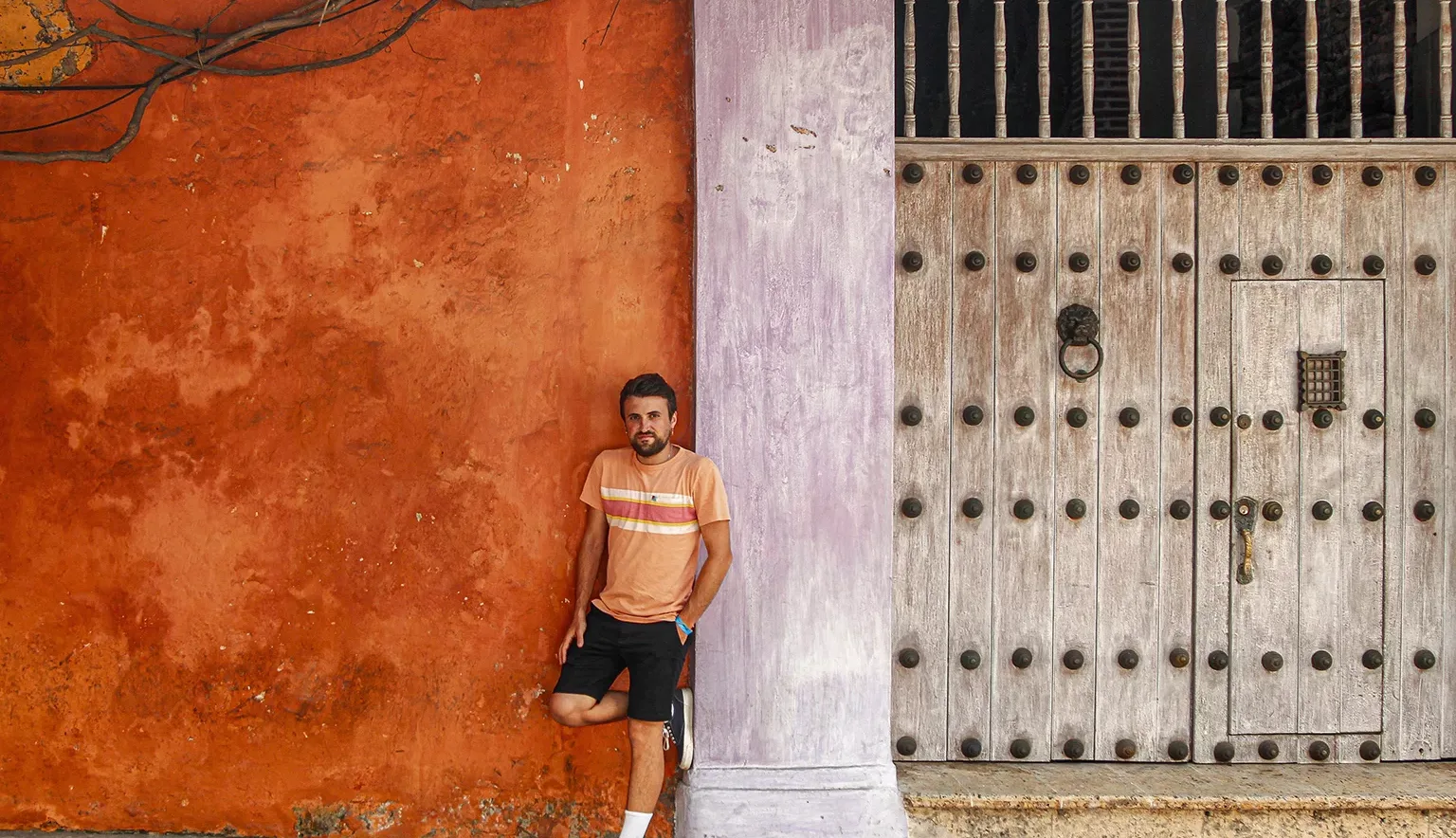From unexpected events to crowded places, visiting different cities and countries can be challenging for autistic people. We delve into the unique globetrotting experiences of Alex Stratikis, Founder of Autism Adventures Abroad.
CONQUERING CHALLENGES TO FORGE NEW PATHS
Sensory overload is often an unavoidable aspect of travel, with the vibrant sights, sounds, and smells of diverse cultures and continents.
For autistic visitors, this can be overwhelming and stressful; this is where Alex Stratikis, Founder of Autism Adventures Abroad, steps in to provide support.
“I realised there wasn’t much of a platform for autistic voices to share their experiences with the tourism industry. Therefore, I started writing daily blogs to build my portfolio while formulating a website and honing my vision,” he opens.
“There is a reason why the unemployment rate for autistic people in the UK – approximately 78 percent – is the highest of any disabled group, which is intrinsically linked to how society currently operates as a whole. This can often present us with insurmountable barriers despite our capabilities.”
After struggling to start his career, which had a detrimental effect on Stratikis’ mental health, he was motivated to bridge the gap between the current offerings in the tourism industry and the specific needs of autistic travellers.
Using his extensive travel experience, including solo trips to over 60 countries, Stratikis engages in accessible travel consultancy and advisory work alongside travel writing, photography, autistic and neurodivergent advocacy, and public speaking work.
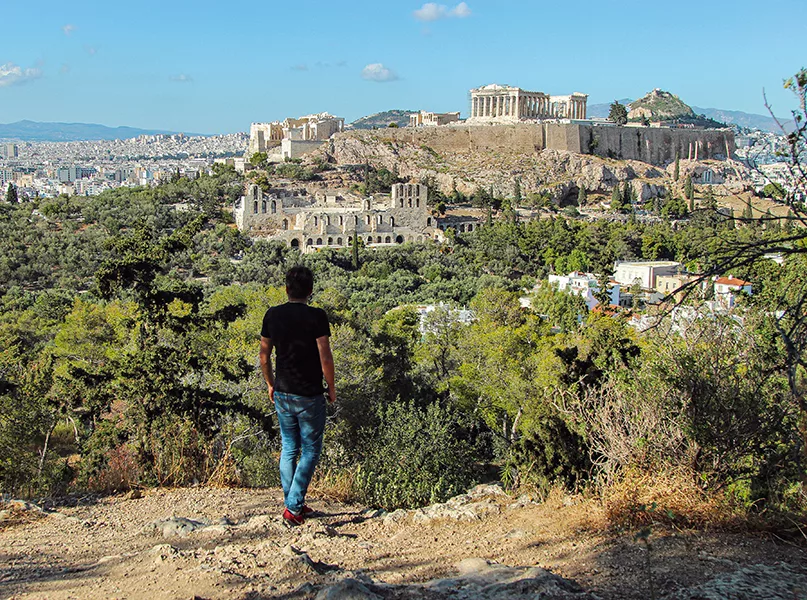
ADVANCEMENTS FOR AIRPORTS AND ATTRACTIONS
Through his extensive travels, Stratikis has gained a broad view of the areas lacking support for autistic and neurodivergent travellers.
However, he is reluctant to pinpoint which countries are more inclusive than others because a destination can fall short in one area but excel in another.
“I’ve encountered various approaches in different settings, although I find airports and airlines to be majorly lacking in support for autistic travellers overall – there is a lot of stress and anxiety surrounding the process for me. Additionally, there is an over-reliance on social cues and time management to get you through the flight,” he explains.
Dealing with unexpected delays and cancellations can also be challenging for autistic individuals during the flying experience.
“Immigration officers also put pressure on individuals while carefully scrutinising their word choices and body language, with some countries’ methods more excessive than others.”
The sunflower lanyard scheme, a widely recognised initiative in major international airports, is a prime example of practical support for autistic travellers. Trained staff can identify travellers with hidden disabilities who need additional assistance, support, and resources to ensure a pleasant experience.
“There has also been an upsurge in autistic travellers allowed to do a run through of the airport prior to their flight to alleviate any anxieties they may have. Neither programme is perfect, and comprehensive and standardised implementations must be adopted across the board with mandatory staff awareness training coming first and foremost,” urges Stratikis.
On a positive note, he has been pleasantly surprised by Italy’s comprehensive accessible tourism policy and execution. During his most recent visits, the staff were well-informed about accessibility protocols, leading to one of his most memorable trips.
Regarding must-see attractions, No.1 Royal Crescent, located in Bath, UK, stands out for Stratikis.
“Everything about this attraction was perfect; the website was well laid out with concise explanations on accessibility, and the staff were appropriately trained. Even the floor mapping that guides guests was amazingly executed.
“All neurodivergent visitors can pick up sensory bags upon entry, and detailed visual stories and sensory maps are available both online and in print for anyone who wishes to become more acquainted with the buildings, its features, and the exhibitions,” he informs.
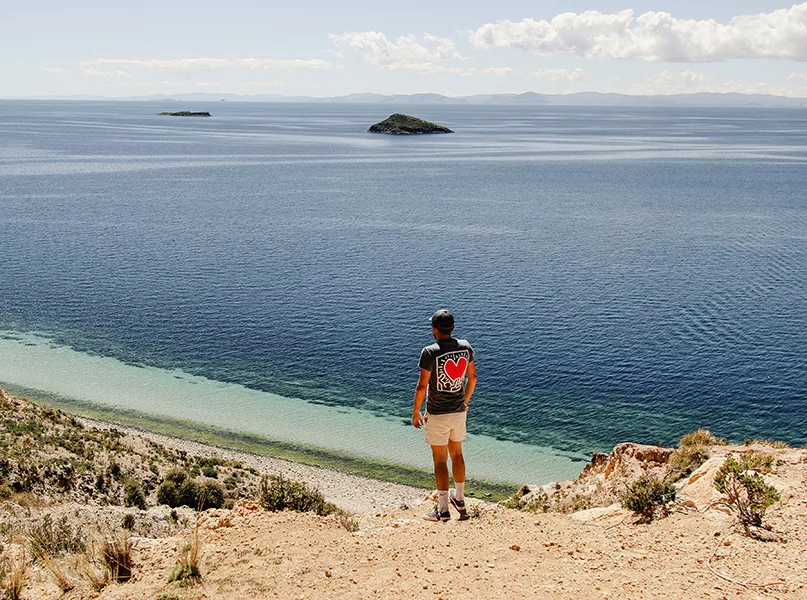
SOCIAL STRUGGLES
Due to a heavy focus on social situations, autistic solo travellers often face challenges such as feeling overwhelmed and experiencing burnout.
“One of the most detrimental risks for me is staying in a hostel environment; this is one of the reasons why I now prefer to travel solo. Despite this, I enjoy meeting new people from diverse backgrounds and have made many close friends while travelling. It’s a great opportunity to connect with people who share your passions and interests whose paths you might otherwise not cross,” Startikis enthuses.
However, there are limits for Stratikis, as burnout can sometimes take days or weeks to fully recover from and participating in every activity and outing can negatively affect the remainder of the trip.
“Since travelling, I have learned more about myself than I previously knew – my wants, needs, desires, and most importantly, how to assert my boundaries. I am more comfortable declining things now, especially because I know it will leave me fatigued and exhausted.
“For example, I find nightclubs very overstimulating for extended periods; I prefer quieter options and would decline in most instances.”
The combination of loud, overcrowded environments, rapidly changing lights, a heavy focus on body language and eye contact, and socialising can be overwhelming for autistic travellers.
Therefore, having access to a private room within a hotel or hostel can provide the necessary space to recharge.
“If you want to travel, don’t let apprehension hold you back. Travel can be unpredictable, which is a scary concept for many autistic people due to many having a strong dependence on structure and routines. Nevertheless, understanding compromise has been a learning curve as I had to adjust while travelling to experience all the wonders of the world in the least inimical way. Each subsequent journey builds upon past experiences, making future adventures smoother and more enjoyable.
“I encourage everyone to gain a better understanding of themselves before travelling, as each trip is personal to the individual. It’s important for autistic travellers to be aware of potential triggers to have a solid foundation for knowing what actions to take and avoid,” Stratikis concludes.
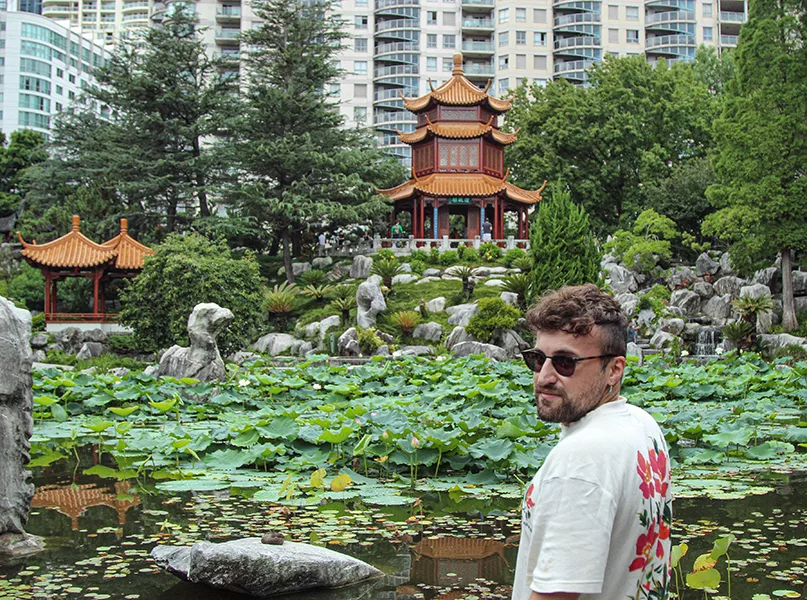
How widespread is free entry to government-owned attractions for travellers with disabilities and their companions?
Alex Stratikis, Founder: “Many European countries, and a few outside the continent, offer visitors with disabilities free entry to attractions. For example, Italy provides access to all major sites without any cost – entrance is granted to individuals upon receipt of a valid form of proof.
“The ethos behind the scheme encourages travellers with disabilities to visit destinations and attractions. Many in the tourism industry now recognise the market potential for accessibility and inclusivity but have concurrently grasped that people with disabilities often fall into the most underprivileged areas of society due to challenges in employment.
“This is just one method of breaking down the barriers preventing people from travelling or fully experiencing new things. It always receives a phenomenal reception from those in the tourism industry whenever I raise the issue.
“It is also worth noting that the stipulations vary greatly between locations. Some may include free entry for a carer or companion, others provide free passes or allow line-skipping, and some have specific requirements regarding the type of proof you can use. Therefore, it’s always best to carefully research each attraction online beforehand to avoid any unpleasant surprises at the entrance.”
